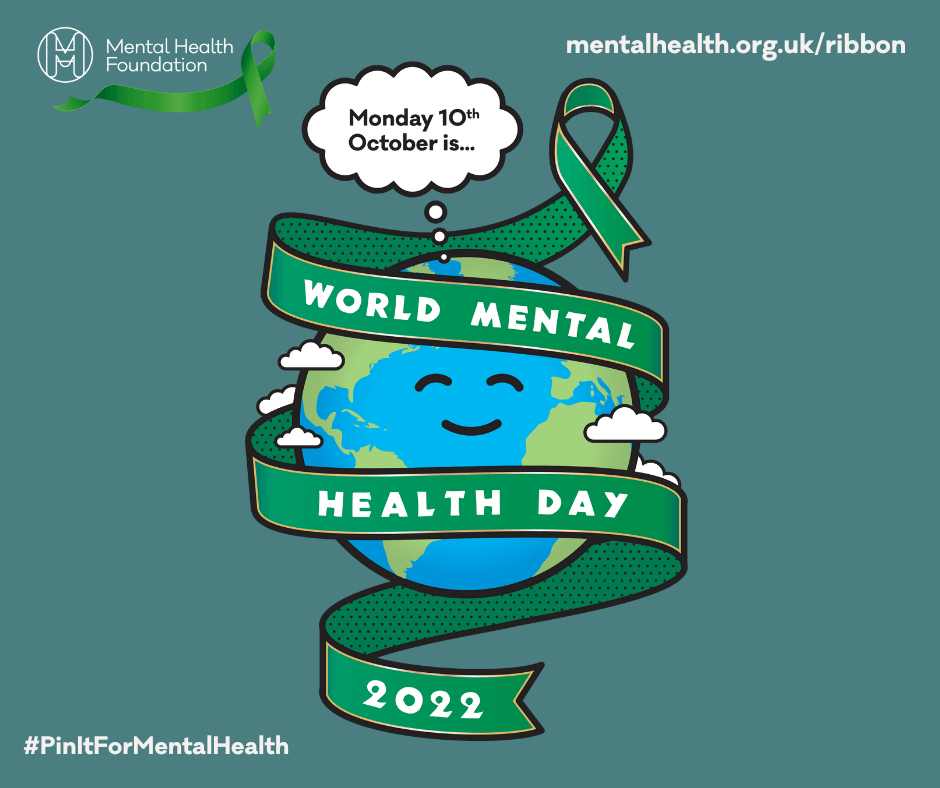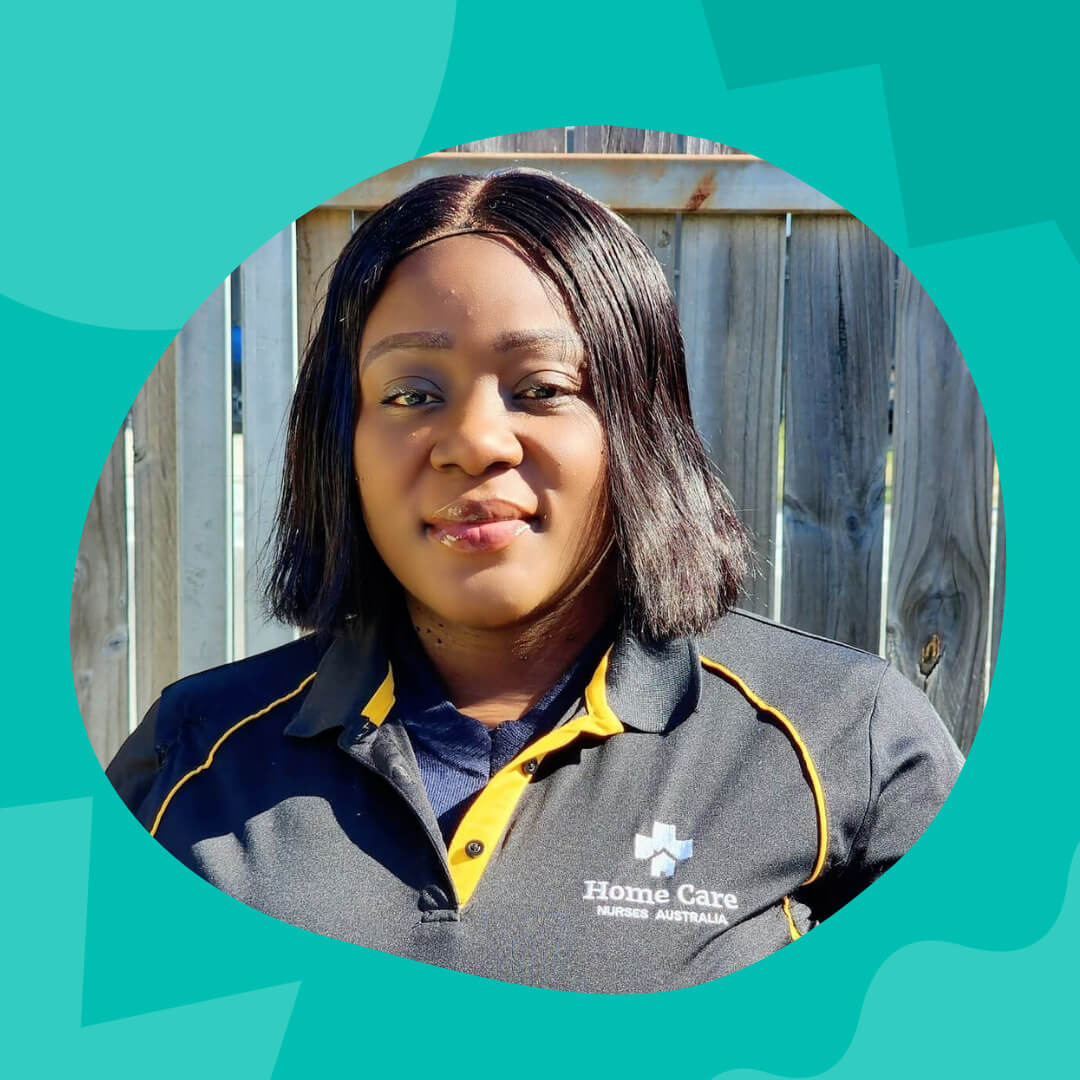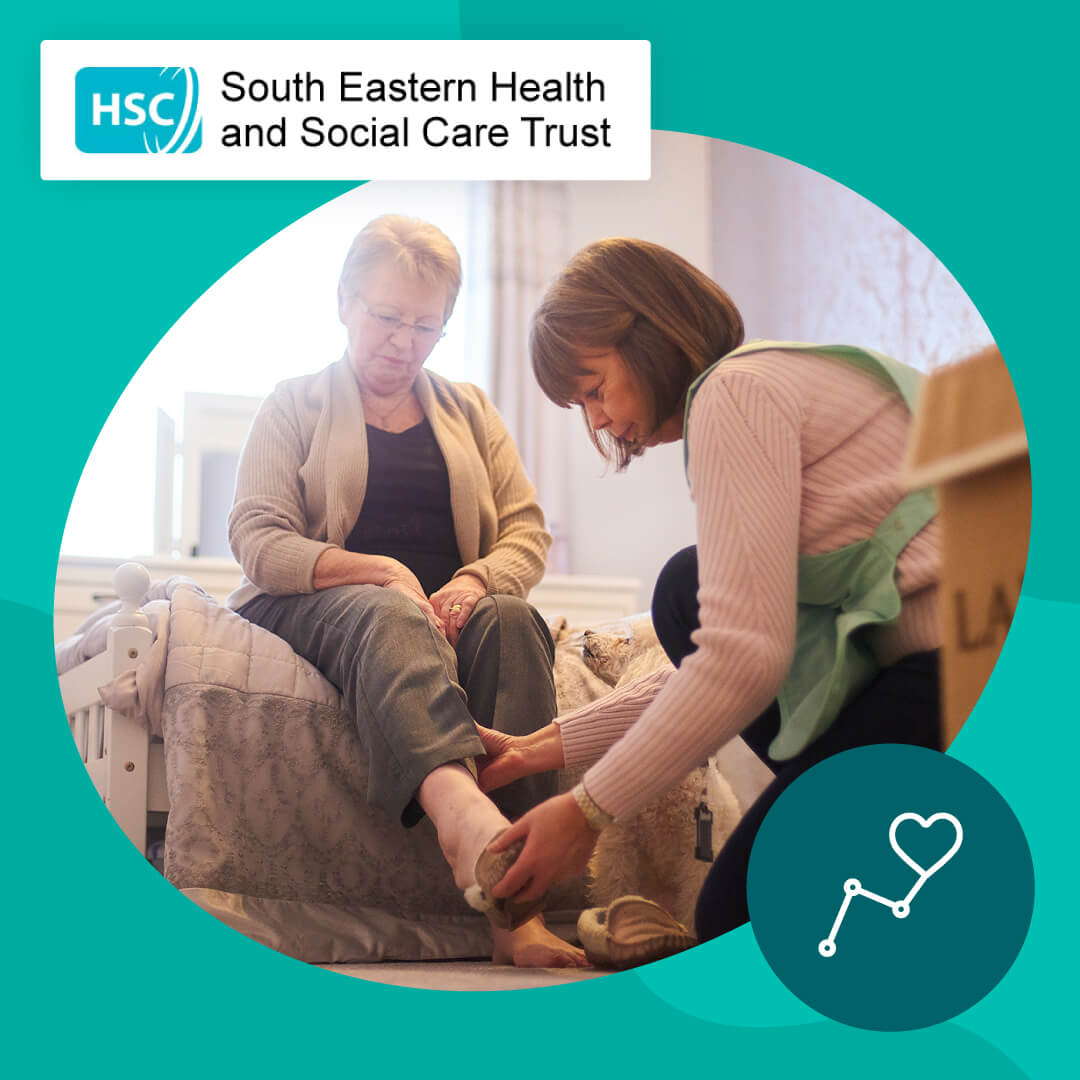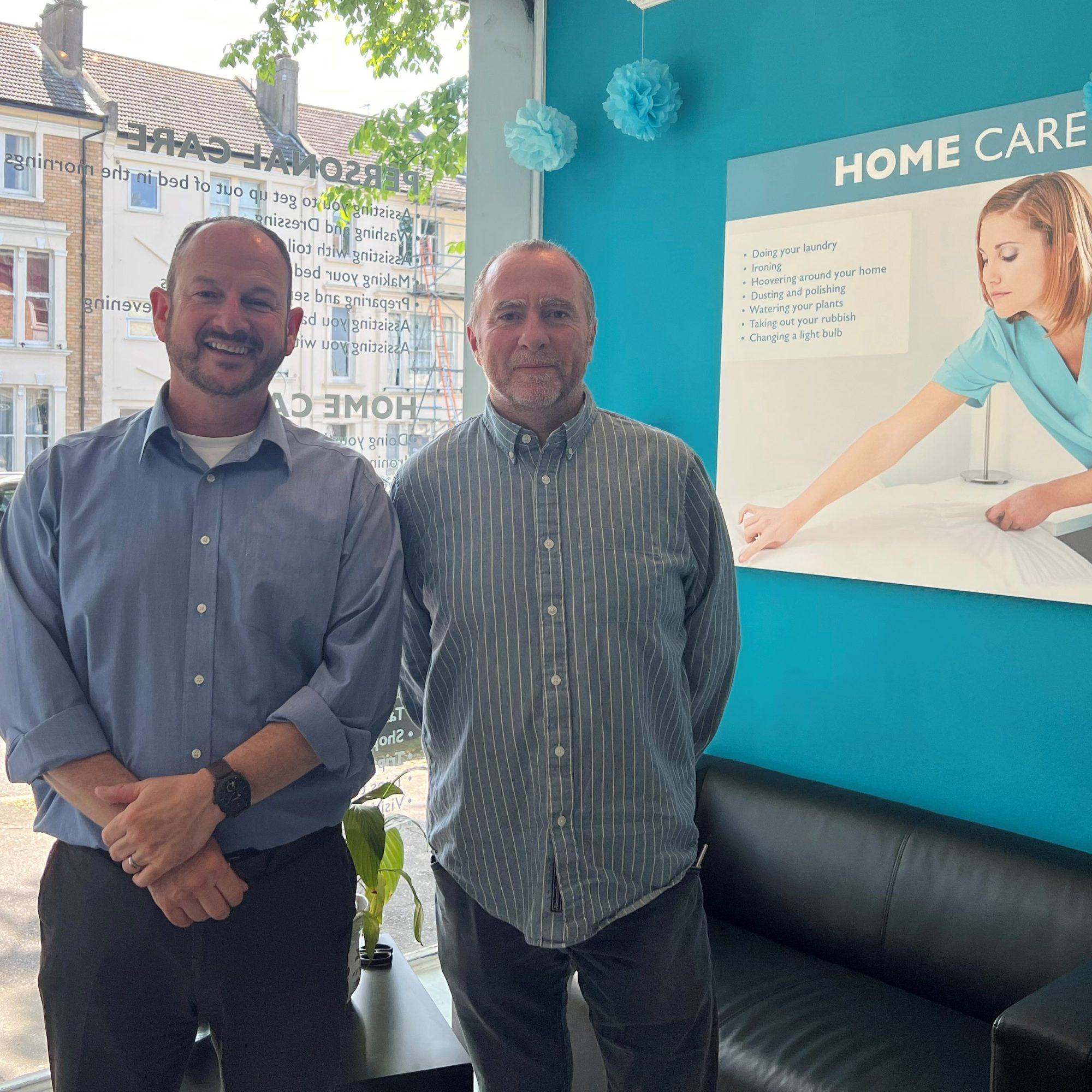On World Mental Health Day we spoke to Peju Akintomide, Managing Director of My Homecare Herts, Beds and Bucks, about the challenges in supporting clients with mental health care requirements.
My Homecare Herts, Beds and Bucks is a domiciliary care agency providing care for people in their own homes with its head office in Luton. Their 53 clients are aged 18-102 with a range of conditions. Some are age related, others have illnesses.
At present the agency supports one client who has mental healthcare requirements. On World Mental Health Day we wanted to shine a light onto the nitty gritty day-to-day reality of supporting some people with mental health issues.
My Homecare’s client of the last two years, we’ll call him John. He lost his wife a few years ago and has been very lonely since.
The official care package My Homecare have for John is four several hours a day. This covers medication support, meals, cleaning, taking him out, social activities, befriending and general companionship. Carers arrive to ensure that John has breakfast and his morning medication and stay until lunchtime and more meds. The team is also back in the evening to ensure he eats then.
The main challenge the team have with John is that he phones not only the office multiple times a day but also calls the police, social workers, the ambulance service and more.

Peju (pictured here) says “We partly time our visit in the morning to coincide with the time John is likely to be making his calls – like this he is distracted from calling. I have come into the office before now to find 18 missed calls between 6am and 9am. We don’t really understand why he calls other than the loneliness.
“We have been the only constant in his life over the last two years. We have stuck with him, while others have come and gone. He is very attached to us. We can’t give up on him because there is no one else.
My Homecare has support from partner agencies – they meet social services, police, GP, ambulance service and health care professionals regularly to review progress and see what is working.
My Homecare has a group of five or six carers that support John. Peju says that he can be quite full on and that working with him can also affect the mental health of their carers who need to be very strong. John can be very draining and very challenging both in person and on the phone.
“If a carer brings to our attention that their own mental health is being challenged, we take them out and as managers we have a conversation with them.” Sometimes the carer will choose to go back but generally we will take them out.
My Homecare’s registered manager takes the brunt of his calls – Peju says that other than her there’s no one for him to pass John onto. The buck stops with him and he works hard, often neglecting other work to support him.
We at CareLineLive applaud My Homecare for their commitment to this client. We know that they are not paid for the additional demands – just the scheduled four hours of direct care. With perhaps two hours of unpaid phone calls each day. Peju says “There is a lack of awareness of the toll both mental and financial that this client has on us, but we have to keep on going. We just can’t give up on him”
How does CareLineLive help My Homecare to support John and his care?
John’s medication is detailed in the Tasks/eMAR section and his care plan, which are both accessible via the CareLineLive carer companion mobile app.
“Using the Carer Compatibility function we note which carers John particularly likes and also exclude those that are not appropriate to roster to him. John can be particularly challenging with female carers – not in an inappropriate way but seems to get more attached to female carers – perhaps because they tend to be a bit more compassionate.
“The system also keeps a record of who we are sending to him. We use the log in and out feature using the QR code in John’s home. In the past we had instances where we sent someone into to do something like cleaning in the house but it wasn’t done. With CareLineLive the carer can take photos to evidence that the tasks are done. John can make it quite messy again quickly so this is a useful feature.
Why did you decide to use CareLineLive?
“We signed up to CareLineLive at the end of 2019. We were using another system and paper – a kind of half way house. CareLineLive was much better from a cost perspective. It doesn’t cost extra for admin logins. With many others you need to buy a license for each user as well as carers.
“It wasn’t totally plain sailing back then and we actually left CareLineLive for about a year. We wanted to be more digital and take processes online but there were a number of features at the time that it didn’t have. We did a lot of research and changed to yet another system that we thought would meet our needs but it didn’t work out. So we went back to CareLineLive, found a lot of new features had been developed and we liked the changes. It’s a work in progress and new features are being rolled out all the time. We’re here for the journey.
“We have made lots of suggestions along the way. Recently I was trying to do a report on client scheduling and didn’t realise that what I needed was already available. It’s a case of quickly making contact to find out.
What are the main benefits that CLL has delivered to your business?
“One thing I do like is the monitoring screen – that’s a new feature. A map shows where carers are once they have checked in. This is all in real time and is great from a call monitoring and duty of care perspective. If the carer has checked in and they are miles away then we can see it all.”
“Staff find CareLineLive very straightforward to use and we like that we can tweak and configure settings ourselves. Recently, for instance, we changed the amount of time a carer has to write up their notes after logging out. The feature where departure comments have to be made before they can check out is also very useful.”
What challenges do you currently have in your business?
Recruitment is our main challenge at the moment but it is manageable. We have a sponsorship license and have recruited five people using this scheme. Two are from Nigeria, one from South Africa and two from India – that has definitely helped. We pay one of the highest rates in Hertfordshire but recruitment is still a challenge.
What do you think of the support that CLL offers your company?
“It’s great. We have spoken to Nick, Dave, Sarah, Colleen and Dec a lot regularly over the years. They are all really supportive when we have a query.”



